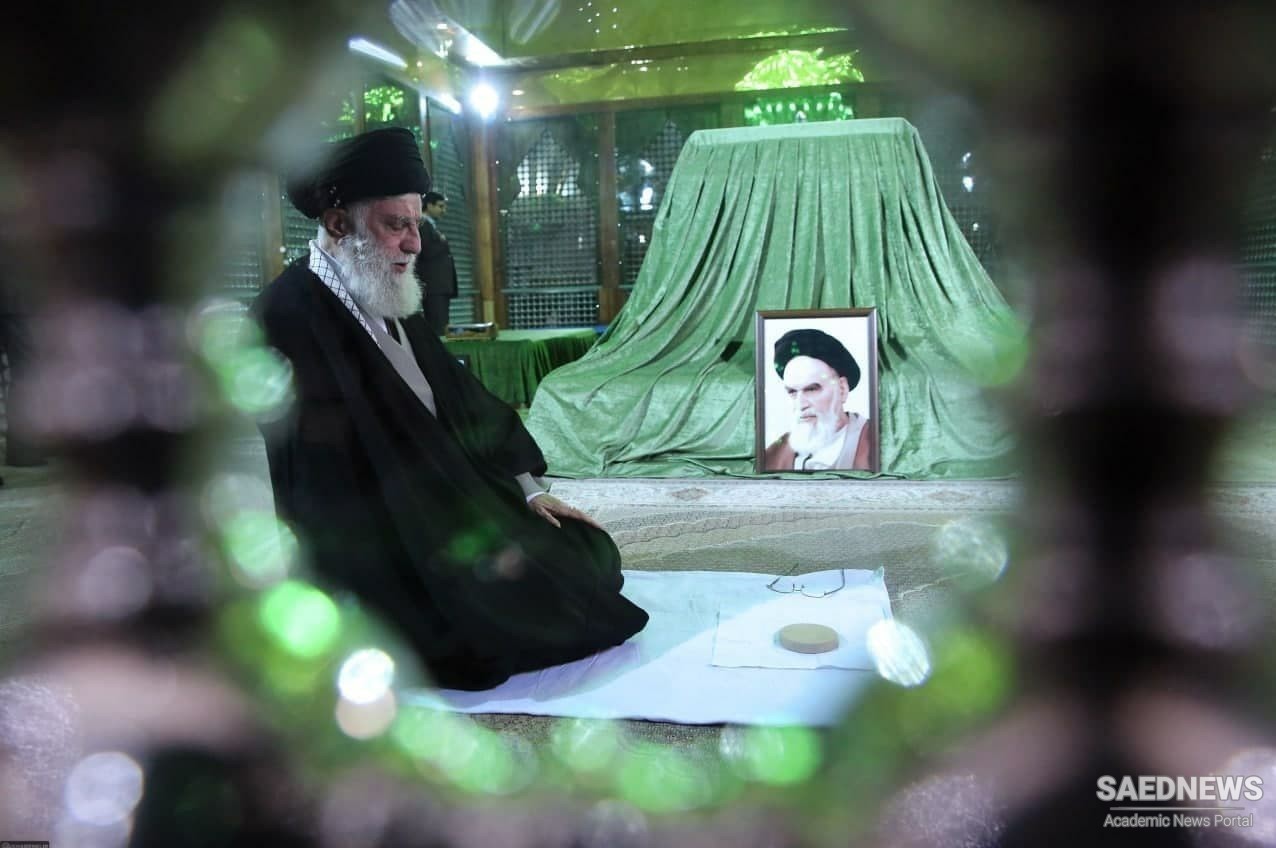I stated earlier that the function of judge belongs exclusively to the just faqīh; this is a fundamental aspect of fiqh, which is not a matter of dispute. Let us now see whether the three-fold qualifications for exercising the function of judge are present in the faqīh. Obviously we are concerned here only with the just faqīh, not with any faqīh. The faqīh is, by definition, learned in matters pertaining to the function of judge, since the term faqīh is applied to one who is learned not only in the laws and judicial procedure of Islam, but also in the doctrines, institutions, and ethics of the faith the faqīh is, in short, a religious expert in the full sense of the word. If, in addition, the faqīh is just, he will be found to have two of the necessary qualifications.
The third qualification is that he should be an imām, in the sense of leader. Now we have already stated that the just faqīh occupies a position of guidance and leadership with respect to judging, in accordance with his appointment by the Imām (‘a). Further, the Imām has specified that the three necessary qualifications are not to be found in anyone except a prophet (‘a) or the legatee of a prophet. Since the fuqahā are not prophets (‘a) they must be legatees or successors of the prophets (‘a). Therefore, we come to the conclusion that the faqīh is the legatee of the Most Noble Messenger (s), and in addition, during the Occultation of the Imām (‘a), he is the leader of the Muslims and the chief of the community. He alone may exercise the function of judge and no one else has the right to occupy the position of judgeship.
To whom should we recourse in social circumstances? The third tradition relates to a signed decree of the Imām from which certain conclusions may be deduced, as I propose to do. It is related in the book Ikmāl ad-DīnwaItmām an-Ni‘mah that Ishāq ibn Ya‘qūb wrote a letter to the Imām of the Age (may God hasten his renewed manifestation) asking him for guidance in certain problems that had arisen, and Muhammad ibn ‘Uthmān al-‘Umari, the deputy of the Imām (‘a), conveyed the letter to him. A response was issued, written in the blessed hand of the Imam (‘a), saying: “In case of newly occurring social circumstances, you should turn for guidance to those who relate our traditions, for they are my proof to you, as I am God’s proof.”
What is meant here by the phrase “newly occurring social circumstances” (hawādith-i wāqi‘ah) is not legal cases and ordinances. The writer of the letter did not wish to ask what was to be done in the case of legal issues that were without precedent. For the answer to that question would have been self- evident according to the Shī‘i school, and unanimously accepted traditions specify that one should have recourse to the fuqahā in such cases. Indeed people had recourse to the fuqahā and made enquiries of them even during the lifetime of the Imāms (‘a). A person living in the time of the Lesser Occultation and in communication with the four deputies of the Imam (‘a), who wrote a letter to him and received an answer, must have known whom to refer to for the solution of legal cases. What is meant by hawādith- i wāqi‘ah is rather the newly arising situations and problems that affect the people and the Muslims.
The question Ishāq ibn Ya‘qūb was implicitly posing was this: “Now that we no longer have access to you, what should we do with respect to social problems? What is our duty?” Or, he may have mentioned certain specific events and then asked: “To whom should we have recourse for guidance in these matters?” But it seems that his question was general in intent and that the Imām (‘a) responded in correspondingly general fashion, saying, “With respect to such occurrences and problems, you should refer to those who narrate our traditions, i.e., the fuqahā. They are my proofs to you, and I am God’s proof to you.”


 Imamate, or the Vicegerency of the Prophet
Imamate, or the Vicegerency of the Prophet














































